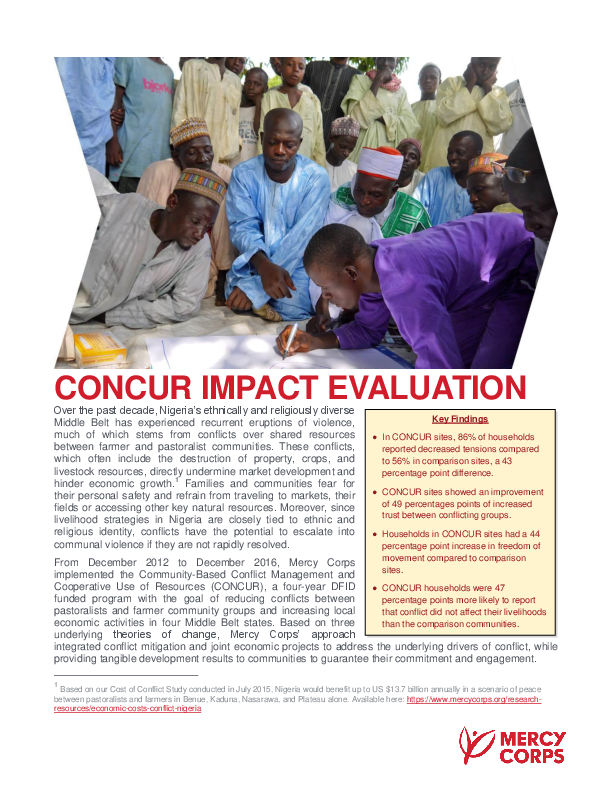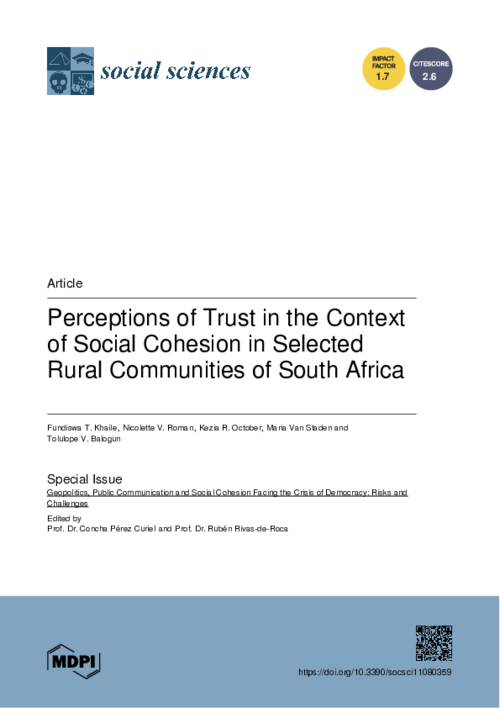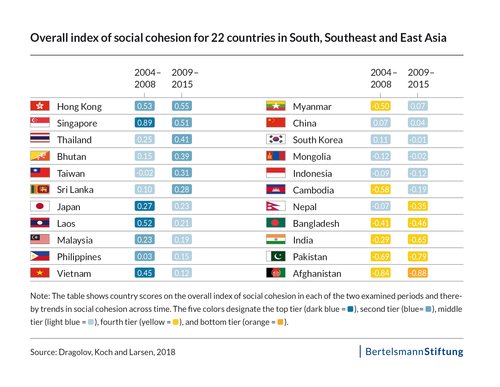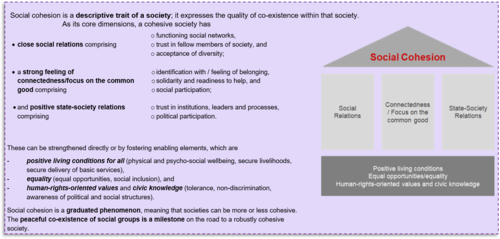Back to Results
CONCUR/IPNN Impact Evaluation
Key facts
Type of publication
Technical/Evaluation report
Elements of social cohesion
Trust
Participation
Participation
Geographical focus
Nigeria
Main thematic areas
Conflict & peacebuilding
Economic development
Economic development
Summary
Over the past decade, Nigeria’s ethnically and religiously diverse Middle Belt has experienced recurrent eruptions of violence, much of which stems from conflicts over shared resources between farmer and pastoralist communities. These conflicts, which often include the destruction of property, crops, and livestock resources, directly undermine market development and hinder economic growth. Families and communities fear for their personal safety and refrain from traveling to markets, their fields or accessing other key natural resources. Moreover, since livelihood strategies in Nigeria are closely tied to ethnic and religious identity, conflicts have the potential to escalate into communal violence if they are not rapidly resolved.

Download
Explore the hub further

Library



